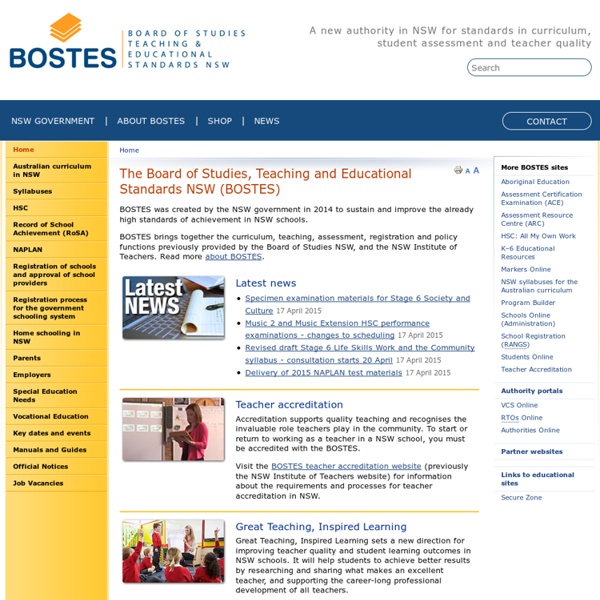



ARC :: Assessment Resource Centre Lesson plan - Design formats - Fact file - Dive in to Education Sub Dean: Dr. Julie KigginsPhone: +61 2 4221 4658Located: 23.122 The Sub Dean's Unit in the School of Education provides students with advice and information on many aspects of the University Rules and Regulations for your degree within the school. The Sub Dean has responsibility for but is not necessarily limited to: Reviewing and monitoring the progress of all students within the school;Running a system for counseling students, including students whose results and/or progress towards a degree are not satisfactory;Liaising as appropriate with the Dean of Students on matters relating to students;Mediating where differences arise between students and academic units. The Sub Dean can provide advice and permission for: Contact To make an appointment to see the Sub Dean or if you have any enquiries, please contact the Education Student Services Centre:Location: Building 23 Phone: +61 2 4221 3981Fax: + 61 2 4221 3892Email: ssc@uow.edu.au Last reviewed: 3 July, 2013
Learning Materials A collection of simulations and virtual labs focusing on first-year college physics. An interview with the award winning... see more A collection of simulations and virtual labs focusing on first-year college physics. Material Type: Simulation Author: Carl Wieman, Ron LeMaster, Mike Dubson, Sam Reid, Kathy Perkins, Wendy Adams, Noah Finkelstein, Noah Podolefsky Date Added: Mar 03, 2004 Date Modified: Apr 09, 2014 Peer Review for material titled "PhET - Physics Education Technology at the University of Colorado" User Rating for material titled "PhET - Physics Education Technology at the University of Colorado" Member Comments for material titled "PhET - Physics Education Technology at the University of Colorado" Learning Exercises for material titled "PhET - Physics Education Technology at the University of Colorado" Personal Collections for material titled "PhET - Physics Education Technology at the University of Colorado" About this material:
ACHPER NSW - Professional association for health, physical education and recreation professionals Dapto High School Stage 5 resources skip to global navigation | skip to secondary navigation | skip to content | accessibility statement NSW Department of Education and Communities Dapto High School Stage 5 resources As part of the project a range of resources were developed. Samples have been loaded to this web page in the form of Word or Excel documents. These documents are a "work in progress". The resources may be replaced several times over the next 6 months. Files are dated within their name. Stage 5 programs Stage 5.1 Scope and sequence (10 Nov 04) (doc - 30 KB) Stage 5.2 Scope and sequence (10 Nov 04) (doc - 39 KB) Stage 5.3 Scope and sequence (10 Nov 04) (doc - 39 KB) Stage 5: A common scope and sequence for all pathways (13 Dec 04) (doc - 90 KB) This program outline is an adaptation of the Dapto stage 5 scope and sequences by the St George SEA consultant. Stage 5 Program (10 Nov 04) (doc - 580 KB) Stage 5 Checkups Topic 2 Consumer arithmetic (15 Nov 04) (doc - 31 KB) Topic 3 Angles (15 Nov 04) (doc - 53 KB)
26 Tips for Teaching with Google Apps This guide will teach you to be as tech-savvy as your students. It is meant to acquaint you with Google Apps’ major features and is loaded with best practices and lots of helpful, actionable tips to optimize your investment in Google Apps and improve your students’ learning experience. It’s appropriate for school IT admins, teachers, principals, and anyone else interested in learning more about Google Apps for education. Start implementing these tips today! Gmail Using Gmail, you can easily send messages to students & parents. Tip #1 – Use Google Translate to convert emails to & from non-English speaking parents or between your students and international pen pals *Google Translate is not a tool for learning another language, but can help cut the language barrier between people who speak different languages. Calendar Calendar helps keep track of events in an organized way and is accessible to anyone from the desktop or a mobile device. Docs Spreadsheets Presentations Hangouts Forms Sites Groups
The P.E Geek | Bridging the gap between Physical Education & ICT...Yep I'm a P.E Geek QuestGarden.com